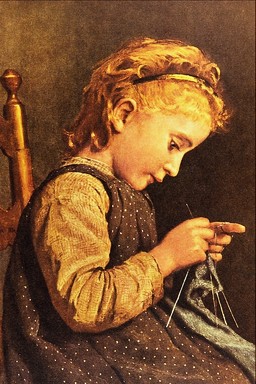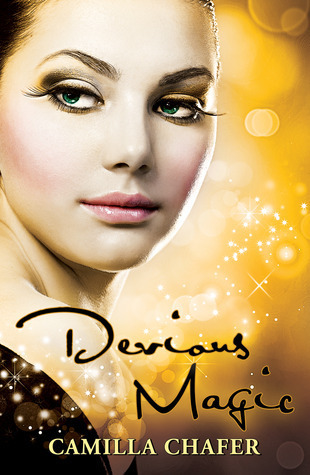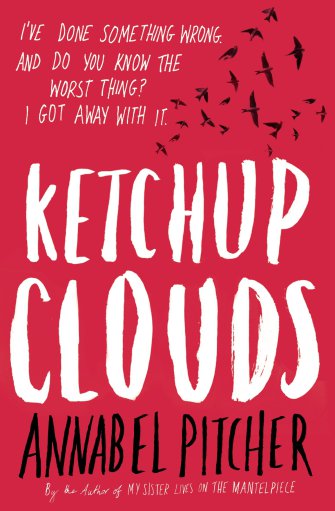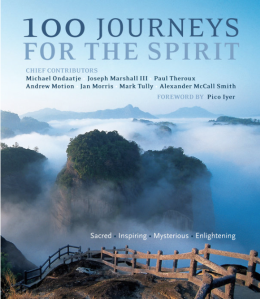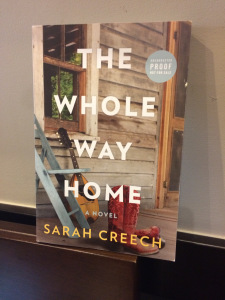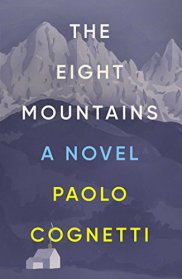Note to self – don’t judge a book by its title. Hannah Rothschild’s The Improbability of Love is not genre romance at all. I’d say it’s middle-brow literary fiction. The only love story in it is a small subplot. The rest is a delightful satirical romp through the world of masterpiece art collecting, complete with the avarice, pretence and money-laundering one would expect. ‘The Improbability of Love’ is the title of a painting by Antoine Watteau, a real-life French painter of the rococo period. At some point in its 300-year past the painting went missing and in this story it turns up in a junk shop in London and eventually into the hands of our clueless heroine.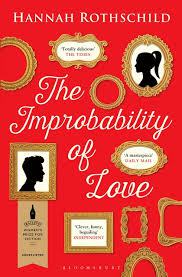
The story integrates elements within the painting, the artist’s emotionally-wrought life and the painting’s history of ownership with a modern-day story depicting many of the same themes. While other novels have fused a painting into a storyline (e.g., Frayn’s Headlong, about a long-lost Bruegel), this is unique in giving voice to the painting – literally. In keeping with the painting’s provenance, the narrative voice of this masterpiece has traces of French and snobbery from years of living in grand homes, including a stint at Buckingham Palace. Rothschild wisely uses the painting to tell only part of the story, allowing for a more tradition third-person omniscient narrator for the bulk of the novel.
But the painting does get some of the best lines, such as this gem:
Like other successful religions, art has evolved and offers glorious temples and learned high priests as well as covenants and creeds. The new churches are known as museums, in which the contemplation of art has become a kind of prayer and communal activity. The very wealthy can create private chapels stuffed with the unimaginable rarities and guarantee a front row seat. It was ever thus.
Although The Improbability of Love is on the whole clever and imaginative, it does falter by bringing into the plot the Nazis and their notorious looting of art works. That plotline is getting worn out.
That aside, it’s an excellent book, deserving of its position on the Bailey Prize shortlist 2016.
Advertisements Share this: